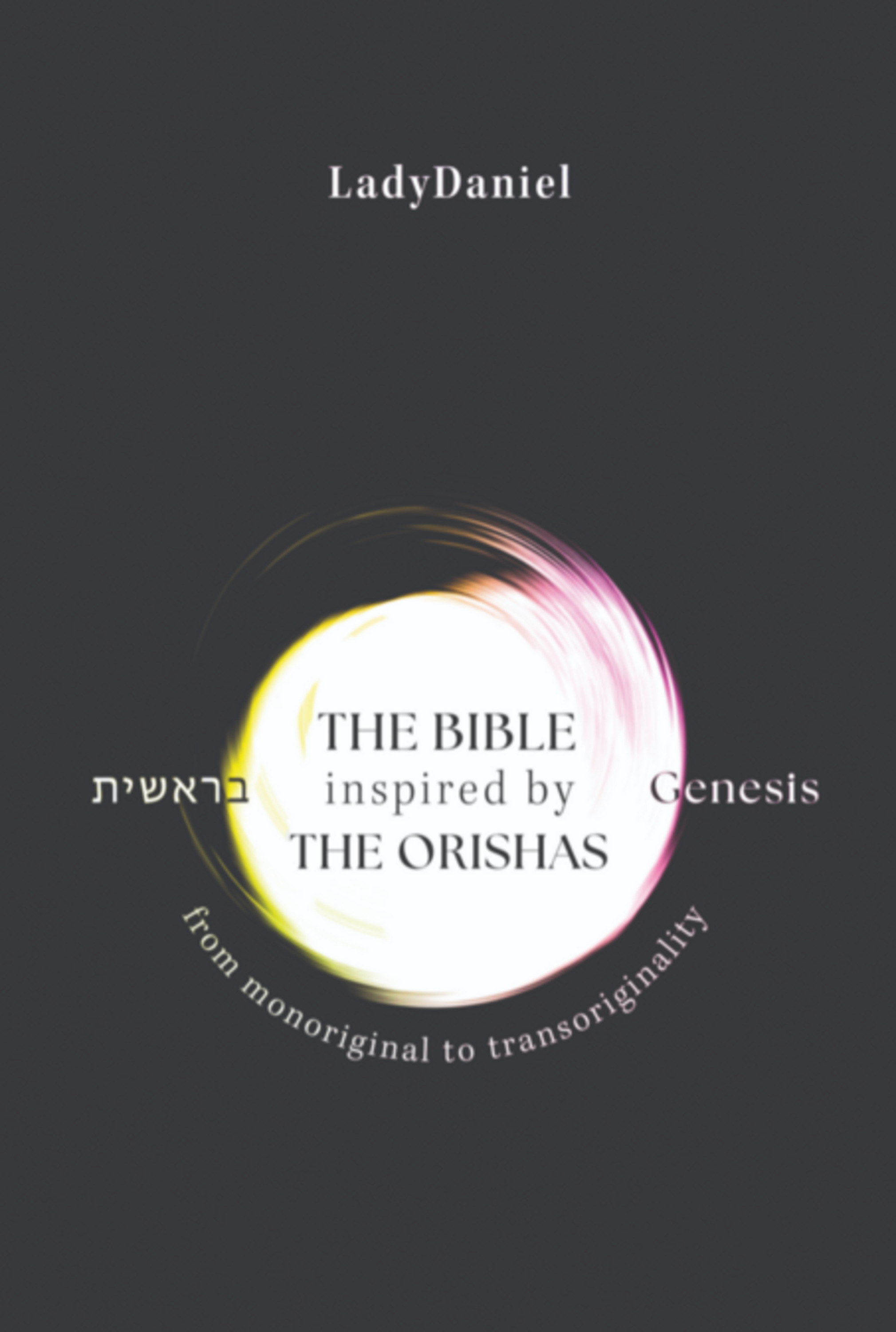A Bible for the Deaf: that was, at least, the initial proposal. Driven by deep questions, the author presents a unique, creative, and provocative reinterpretation of the Book of Genesis. The work stands out primarily for its reimagining of divine attributes, weaving symbolic connections with the Orixás, though without any intent to promote syncretism or ecumenism. Additionally, the author uses a historical-geographical anachronism, adopting contemporary names for ancient regions and places, a technique that gives the narrative an almost poetic touch. The book explores the intersection of different cultural traditions—not to merge them into a single truth, but to celebrate the rich connections between them. Blending humor and critique, the book offers a more inclusive and flexible vision of Genesis, addressing contemporary themes and encouraging dialogue and questioning among different worldviews.
